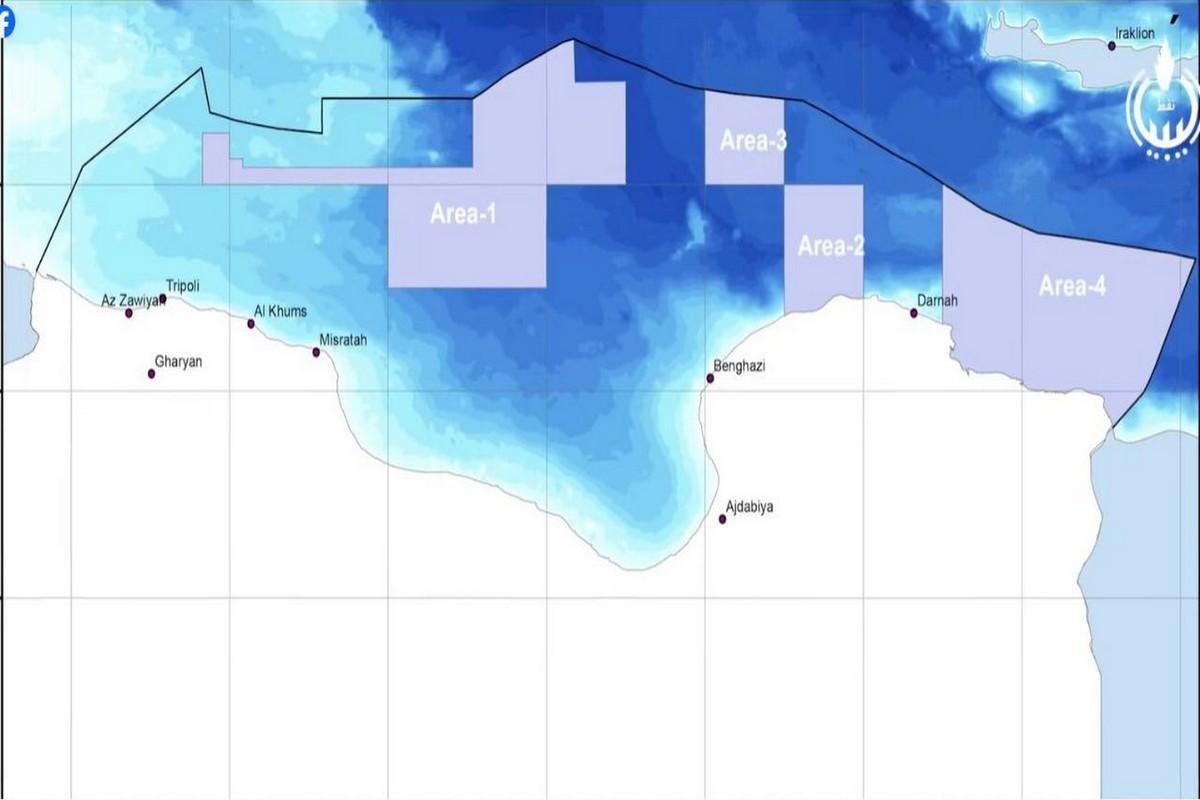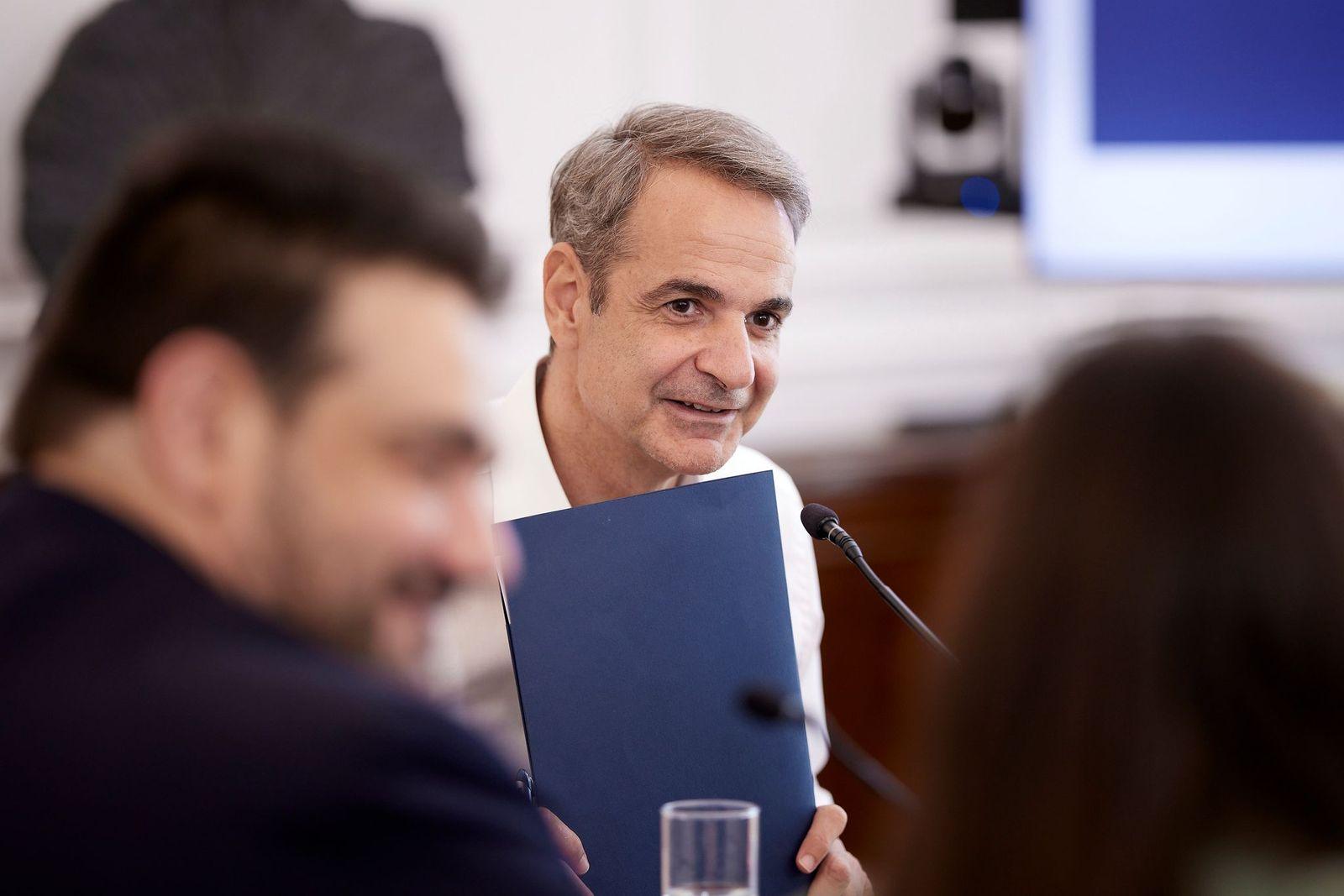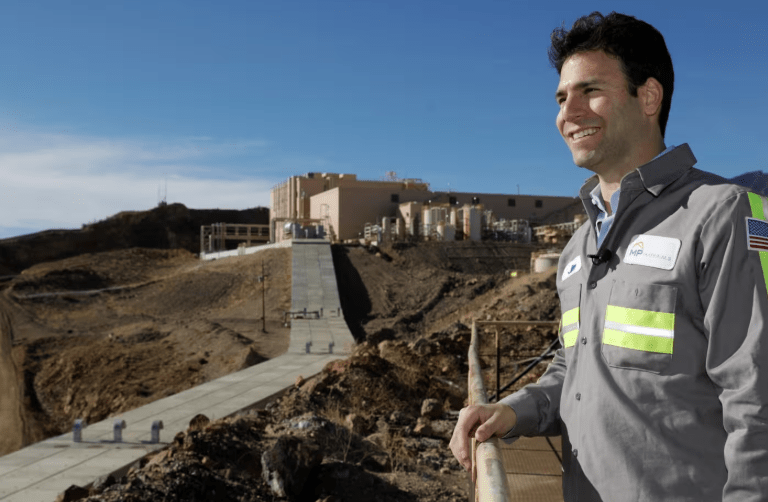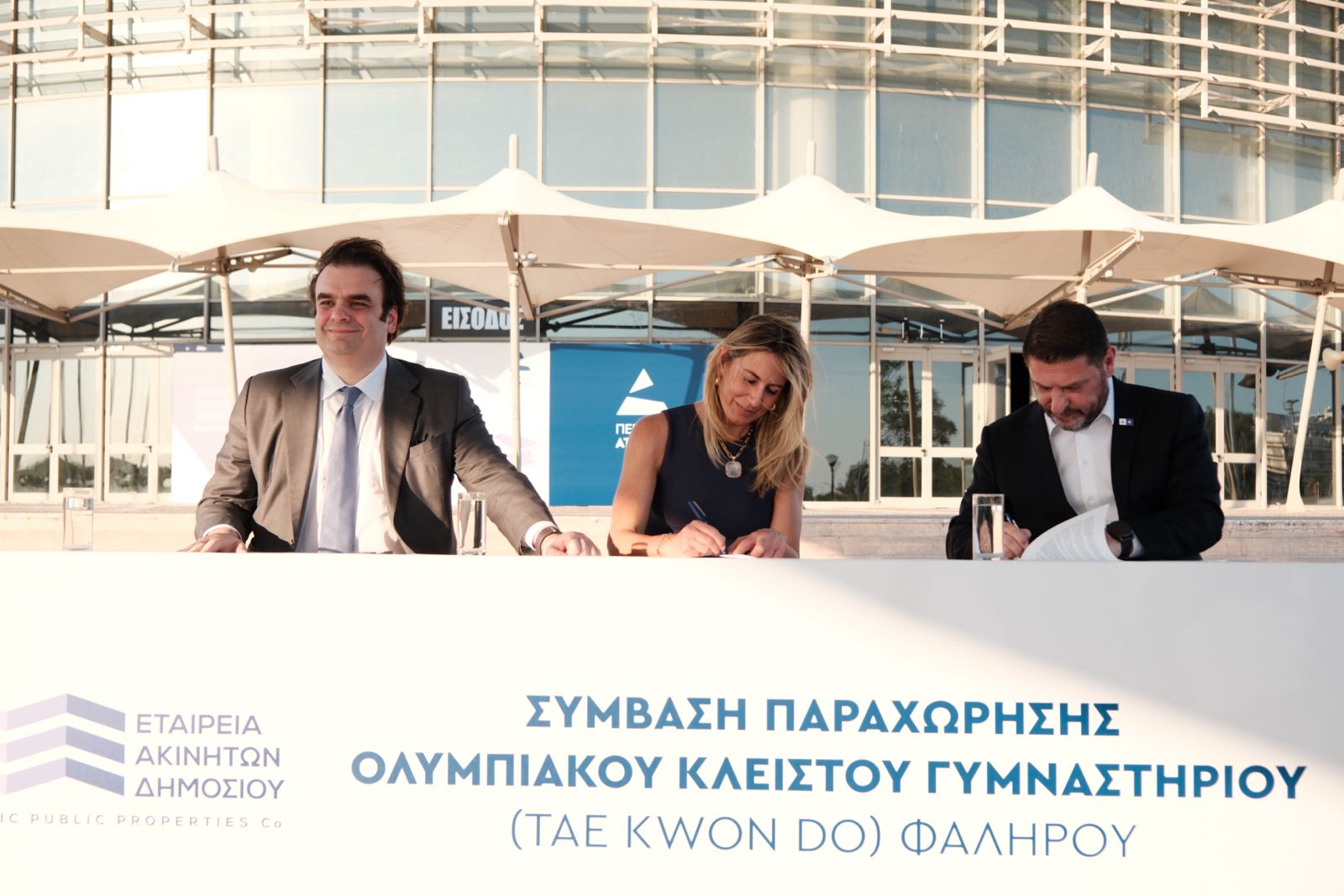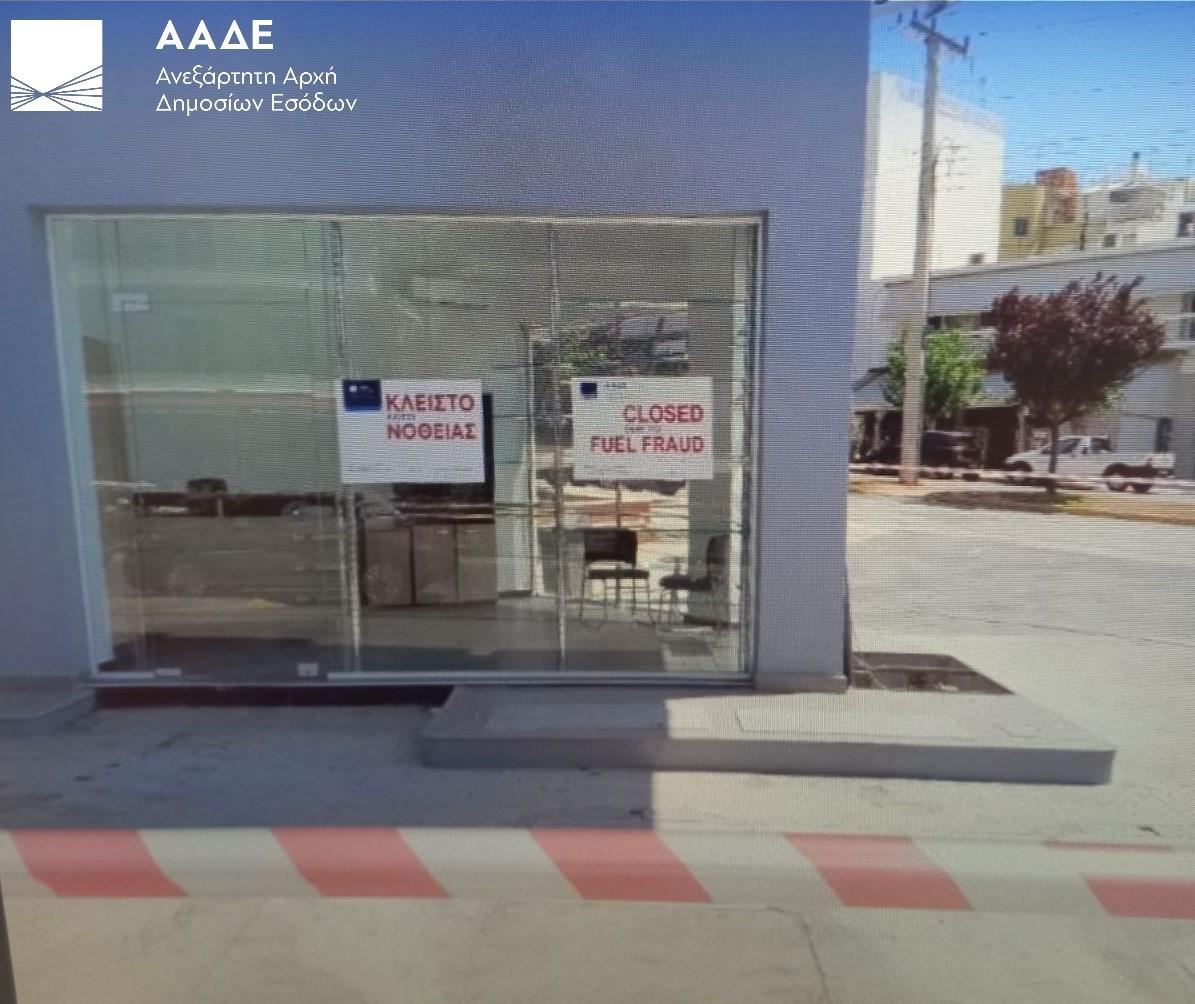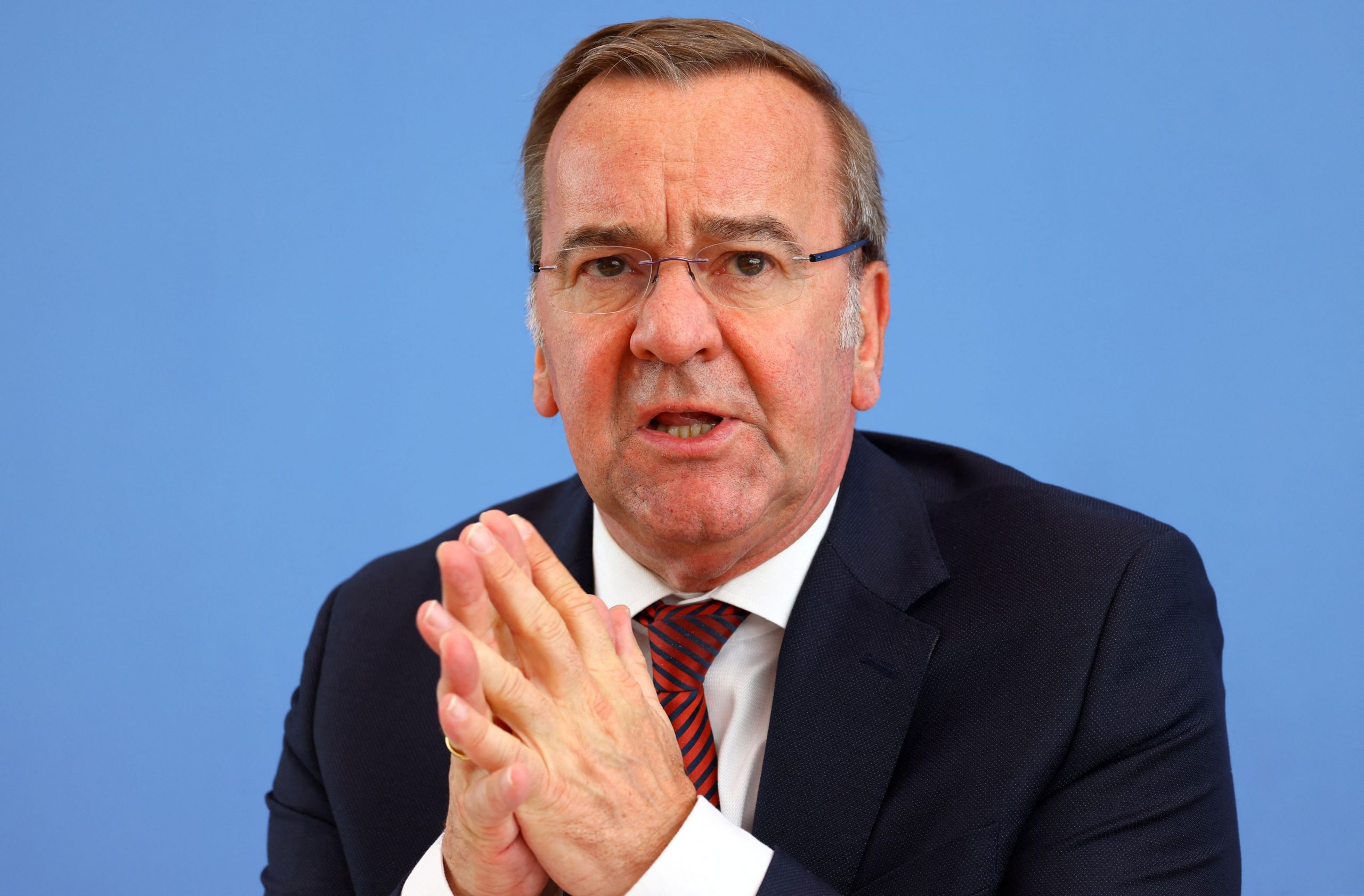Omicron is spreading at a dizzying pace in the country, intensifying concerns about the course of the pandemic.
Since its emergence in late November, Omicron has been spotted in at least 38 European countries, with the government monitoring developments and the very strict measures taken in some to prevent the worst.
The Prime Minister, while accepting the suggestions from the experts for mandatory rapid tests for everyone to enter entertainment venues, finally decided to reject them as it would be unfair for the vaccinated and difficult on a practical level.
However, he clarified that new measures are being considered to ensure the health of citizens, while he called for a self-test to be conducted both at Christmas and on New Year’s Eve.
The goals for the next two weeks are to limit the spread of the new Omicron mutation and to shield everyone without exception.
New measures after the holidays?
Thus, in addition to the 2 additional free self tests that he announced, appealing to the citizens to do them at Christmas and on New Year’s Eve, he made it clear that the state will do everything humanly possible in order to ensure health and to curb the advent of the Omicron mutation as much as possible.
Specifically, according to Kyriakos Mitsotakis, on the “table” are solutions such as the extension of telework, but also the regulation of working hours in catering and entertainment.
As he mentioned, these measures are being examined for the first weeks of 2022, while the course of the pandemic will be the criterion. He also made it clear that there is no case for closing schools.
Peak by mid-January
Experts and the government are working out a plan of possible measures as the new pandemic wave with thousands of new cases is expected to peak from the beginning to mid-January.
Doctor of Molecular Biology Giannis Prassas, from Toronto, where in just 3 weeks the Omicron mutation dominated, revealed how the new mutation will spread – in Greece, as well:
“Such are the characteristics of the virus and such are the similarities of immunity that countries in the West have, that it is quite possible to see in Greece what we see in other countries. That is, whether the doubling time is 2.9 days, or 3.5, or 4.5 days will not matter so much because of its aggressive nature, this will mean that we will experience a very large wave of infections.”
Based on the assumption that the cases double every 3 days, which is a much more optimistic scenario than what happens in England, the model for the spread of Omicron in Greece leads to the following:
On December 20, 26 cases of the Omicron mutation were recorded. On December 26 they will have risen to 104, on New Year’s Eve they will be 416, on January 7 they will reach 1664 and on 13/1 they will have jumped to 6,656. These are the cases that will be recorded by public health authority EODY.
“It is almost certain that the cases are much more than we have registered. Especially what we call orphan cases. This means that the virus is circulating in the community. Such are its characteristics that we will definitely see in Greece, in the near future, that the cases will slowly increase and when they start to increase we will see an aggressive increase “, said the Doctor of Molecular Biology, Giannis Prassas.
Omicron needs 3 weeks to displace the Delta variant
The Delta variant took 6 weeks to displace Alpha. Omicron seems to need half that time to displace the Delta. “Whatever happens to us, will happen to us very quickly”, said epidemiologist and professor of Public Health Theodoros Lytras in his tweet.
Risk of double flare-up
“There is a risk of a resurgence of the pandemic from both strains,” the Delta that already dominates and the Omicron that “is blazing down on us,” stressed George Pavlakis, professor-researcher in the US,.
He reiterated his ominous prediction that “a tsunami is coming”, emphasizing the need for “Greece to avoid what happened in Portugal a year ago”, when there was a huge wave of Delta and the cases multiplied in a short time as did deaths.
“The country must take seriously the possibility that we will have a huge epidemic wave,” he said ahead of the holidays. He noted that Greece is already “gutted by the Delta, it does not need the Omicron”, to be careful and vigilant.
He added: “It is irresponsible to reassure people about Omicron.”
Mr. Pavlakis pointed out that in fact, that “the health system is at its limits”, warning that “when all the cases fall at the same time, people will be lost unfairly and from different diseases, such as a heart attack”.
“The sooner milder measures are taken, the faster we will avoid intubated persons lying in corridors and the huge tsunami [of cases],” he said.






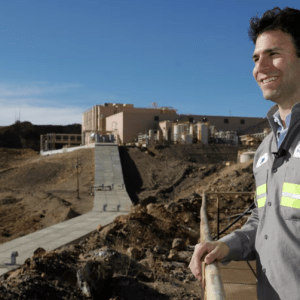





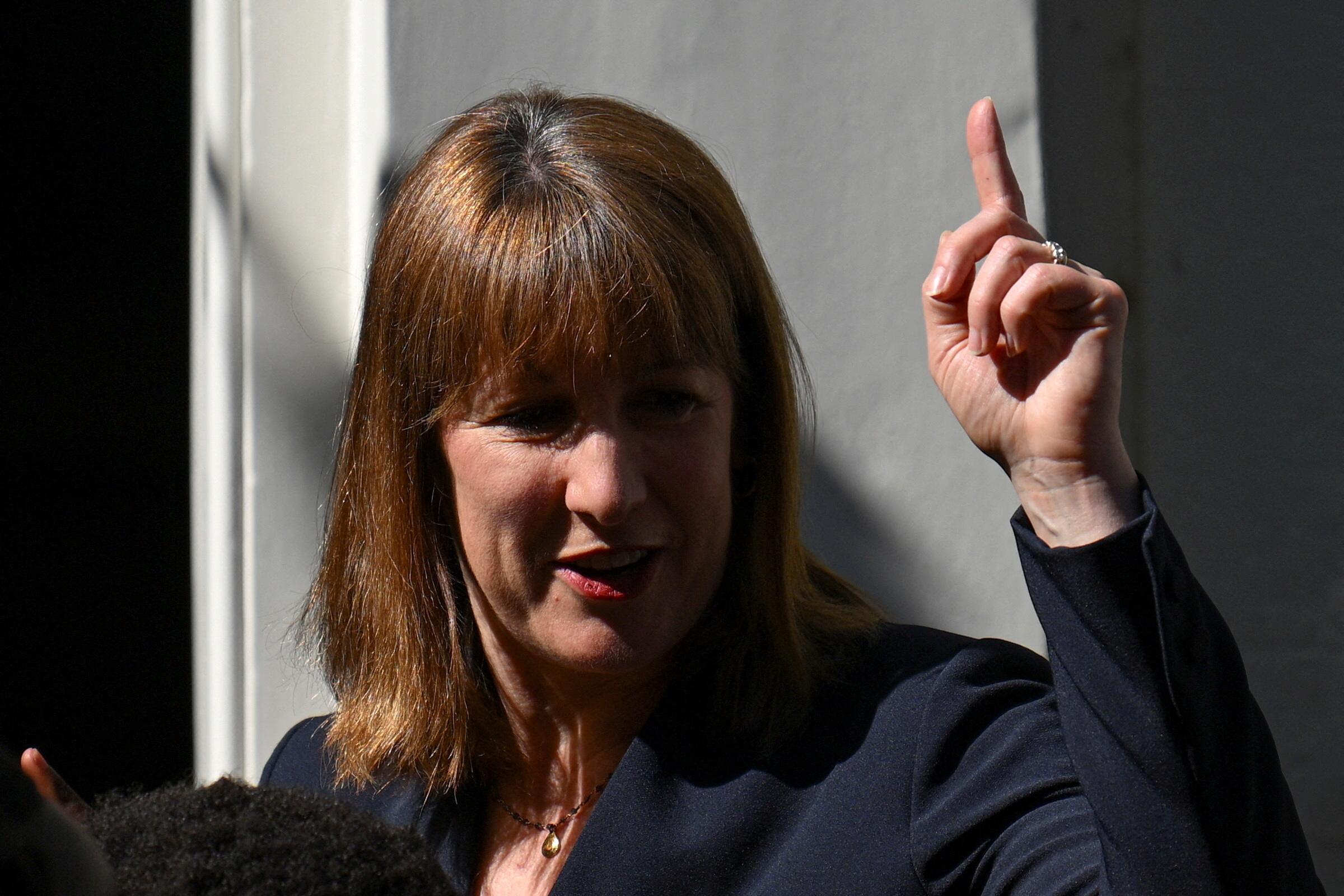

![Ευρώ: Ευκαιρία για Ευρώπη η στροφή των επενδυτών [γραφήματα]](https://www.ot.gr/wp-content/uploads/2025/07/15_07_ot_eyro_dol_EXO.jpg)


![Εξοχικές κατοικίες: Πόσο κοστίζει το τ.μ. σε Μύκονο, Σαντορίνη και Πάρο [γραφήματα]](https://www.ot.gr/wp-content/uploads/2025/07/14_07_ot_exoxika_EXO.png)





